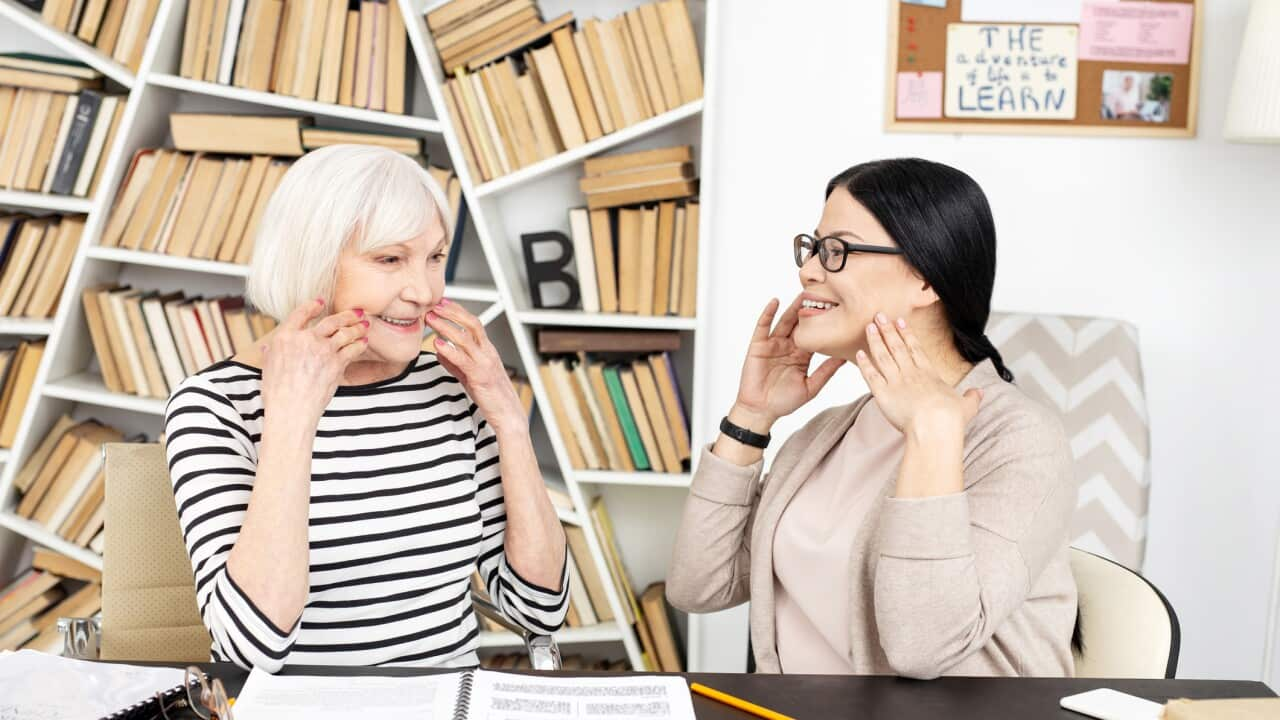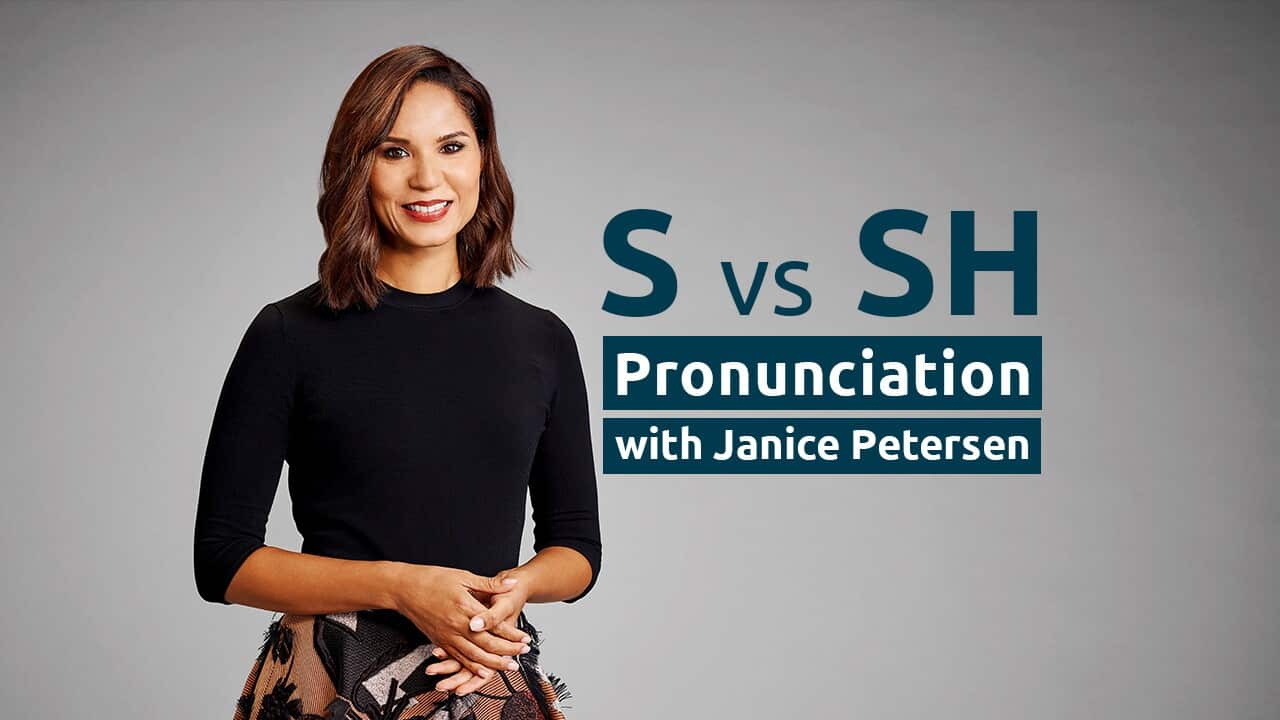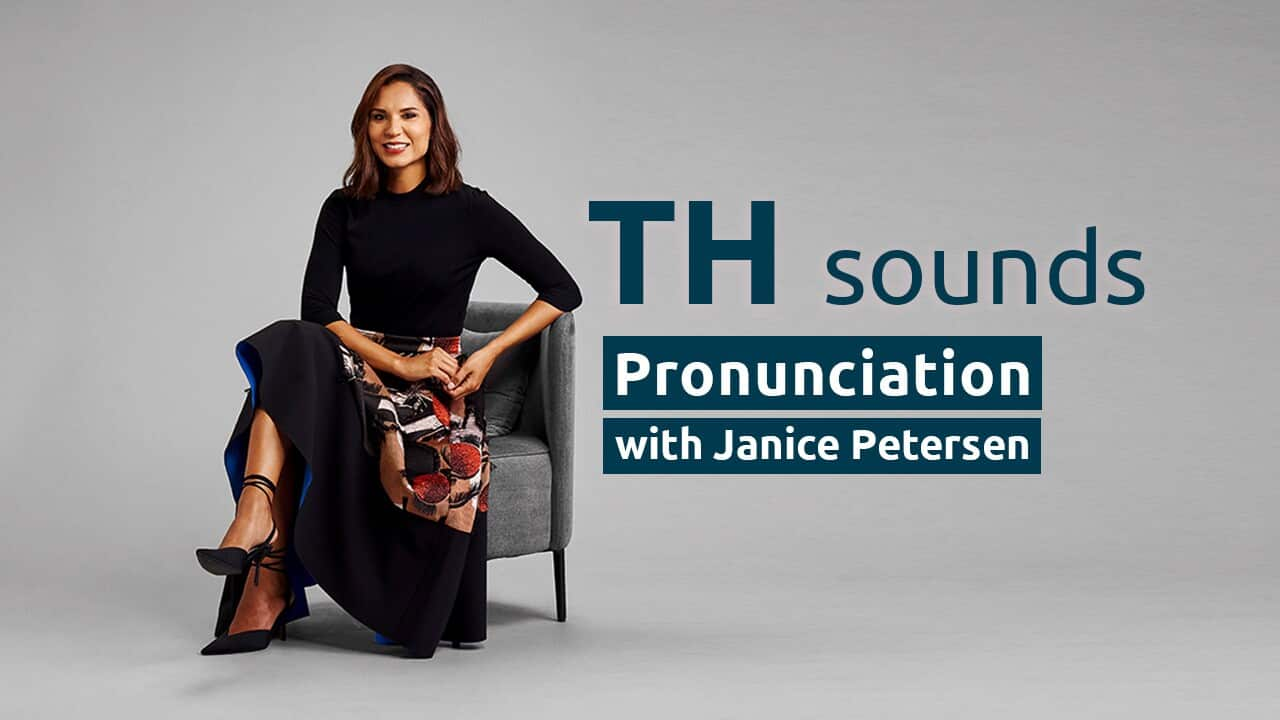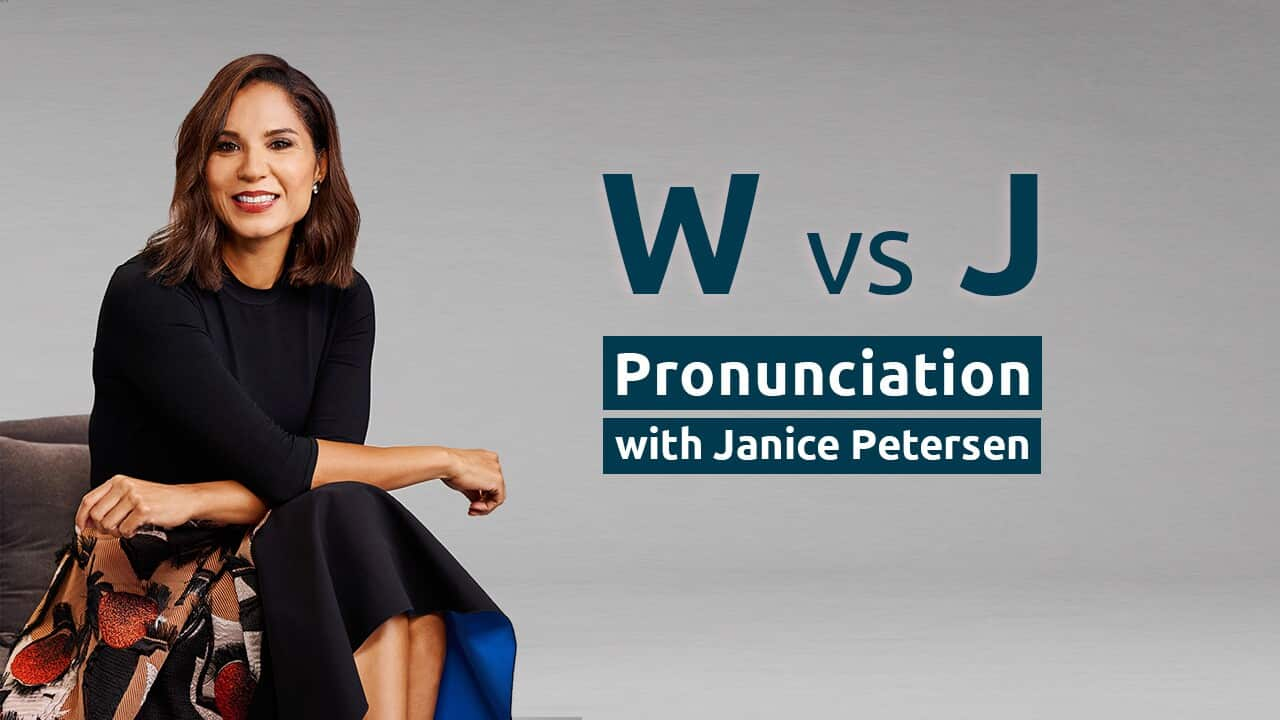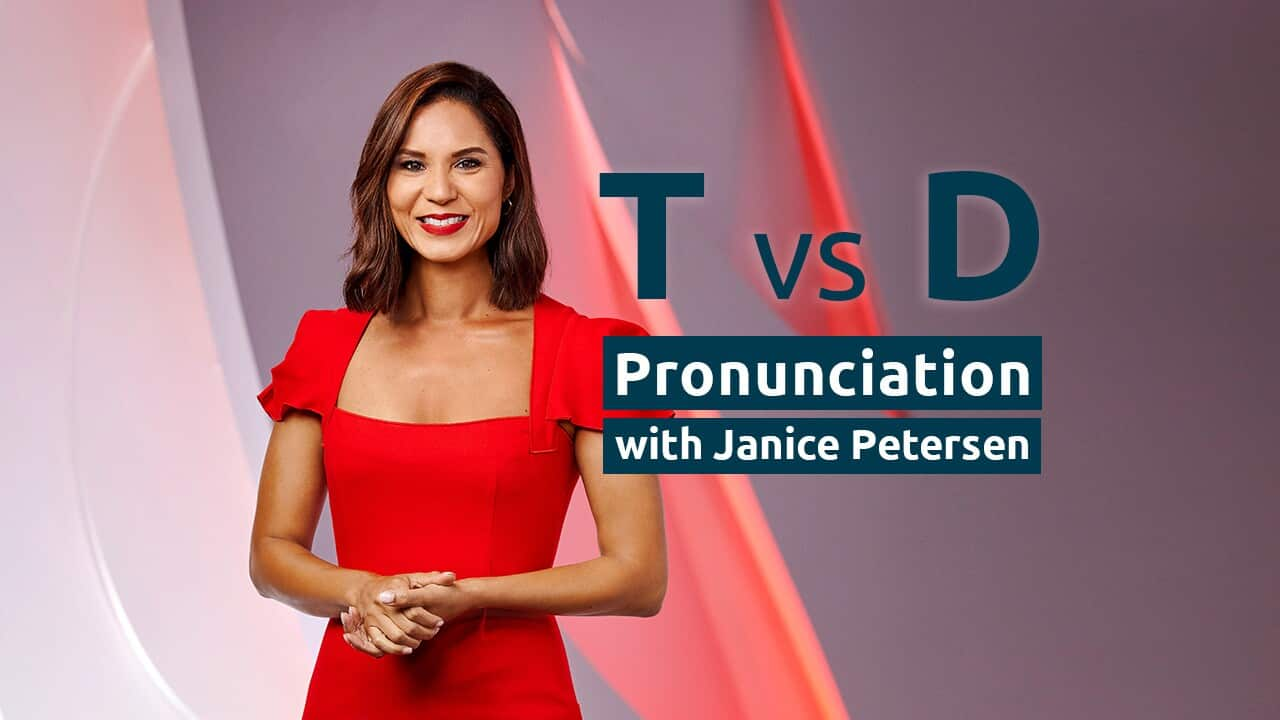What is pronunciation?
Pronunciation is the way that people make sounds to form words. Every time you make a sound, you push air past your tongue, lips, and teeth and then move the air through your mouth. The sounds you make will be clearer as you gain more control over the flow of air and the shape of your mouth. It's not always easy. Sometimes the muscles you use to speak your first language are different from those you need to speak English. Just like exercising your body to be healthy, you need to practise pronunciation to exercise the muscles in your mouth, tongue, and lips to improve your pronunciation.
For clear pronunciation, you also need to think about:
- Word stress - when you emphasise a syllable in a word by saying it more loudly than the others
- Sentence stress - when some words in a sentence are emphasised more than others
- Linking - when you join words together in a sentence
- Intonation - the rise and fall of your voice as you speak
I’m worried about my accent.
Accent refers to the way in which a group of people from an area, country, or social group pronounce words. Although some accents can be very distinctive, there is no ‘right’ way of saying something. Everyone has an accent! Accents are an important part of a person’s identity and heritage. Some people might have more noticeable accents than others, but remember that this will be different depending on who is listening. Even a person with a very noticeable accent can still communicate clearly in English if they practise pronunciation.
Am I too old to improve my pronunciation?
Definitely not! Many people believe that you must have started learning a language when you were very young to have good pronunciation. This is not true! Remember, you are not trying to lose your accent or sound exactly like someone whose first language is English. You are looking for ways to adapt your speech to make it easy for listeners to understand you. No matter what your age is, if you focus and practise you can improve your pronunciation.
So, why is pronunciation important?
Pronunciation is essential for communicating your message. Unclear pronunciation can create a negative first impression and misunderstandings. People may get tired of asking you to repeat what you’ve said. Having clear pronunciation will help listeners understand what you’re saying and increase your self-confidence when speaking in English.
Does it take a long time to improve pronunciation?
You don’t need to learn the phonetic alphabet to improve your pronunciation! There are lots of fun, free, and easy ways to improve your pronunciation. Try some of these:
1. Prioritise pronunciation!
Just like exercising regularly improves your health, practising pronunciation will improve your communication. Spend five minutes a day doing a little practice. Try to build it into activities you already do - you can practise on the bus or train, while you’re getting ready in the morning, or while you’re at the gym. SBS Learn English has a great series of Pronunciation MiniPods that focus on those sounds that English language learners in Australia often struggle to pronounce. Each episode is only 5 minutes long so you can fit it into your day easily.
LISTEN NOW

MiniPod: S vs SH Pronunciation Practice
SBS English
25/10/202205:56
2. Record yourself speaking
All of the have transcripts. Record yourself reading them, then play back your recording. Can you understand everything you said? Did you say everything as clearly as the person in the podcast? Once you have an idea of how you sound, you can focus on practising the sounds you had trouble pronouncing.

You can practise your pronunciation while you get ready in the morning. Source: Getty / franckreporter/Getty Images
3. Watch yourself speaking
This may be a bit embarrassing at first, but it works! Stand in front of a mirror and watch yourself saying a word or sound. Focus on where your tongue is placed and the shape of your lips and mouth. Compare it to a video of an Australian speaker or the speakers in theseries saying the same thing.
4. Sing a song
As well as being fun, singing can help you practise clear pronunciation, rhythm and intonation. Once you’ve learnt the words to the song, focus on making your pronunciation clear. You might like to start with something easy like .
LISTEN TO

MiniPod: P vs B Pronunciation Practice
SBS English
01/11/202204:28
5. Try a tongue twister
Tongue twisters are short poems with similar sounds that are hard to say and funny when you mess them up. You can use them to practise specific sounds. Start with one of the ones in the SBS Learn English Pronunciation Minipods like . Once you’ve mastered this, search for more online.
6. Practise minimal pairs
Minimal pairs are words that sound almost the same, but have one sound that is different. An example is pack and back. The difference in this minimal pair is the /p/ and /b/ sounds. The first step is to hear the difference, which can be difficult. Then, practise saying them out loud.
7. Make lots of mistakes!
Making mistakes is an important part of learning. Try not to feel embarrassed when someone asks you to repeat something, just politely ask them how to say it more clearly.
Pronunciation does not have to be hard. Use these tips for five minutes a day and you’ll be speaking clearly and getting your meaning across in no time.
